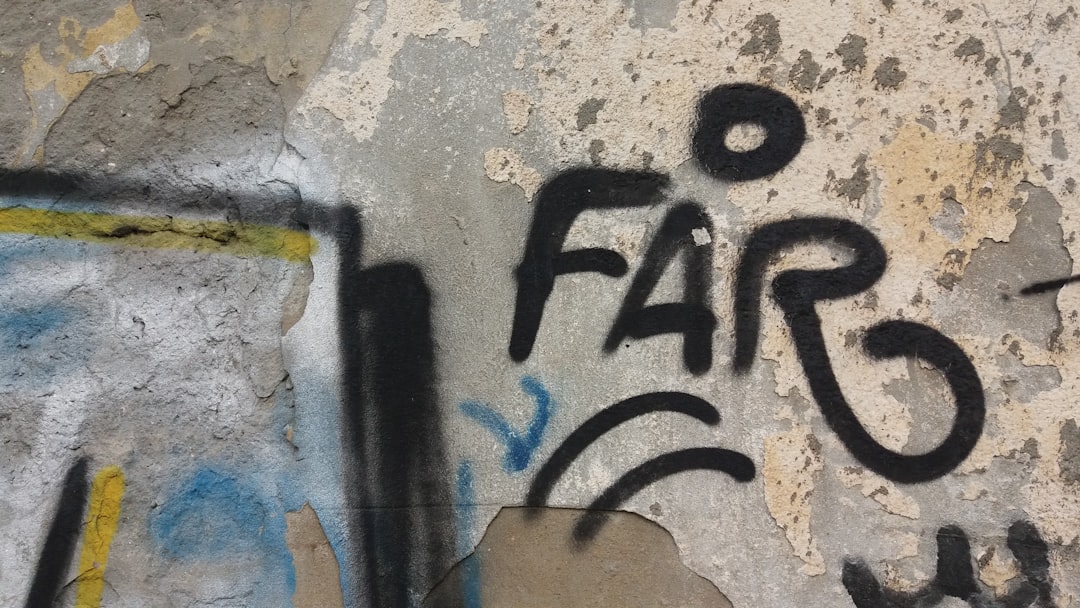In California, an intersectional approach to sexual abuse cases is vital for addressing unique survivor experiences shaped by race, ethnicity, gender, disability, and socio-economic status. Specialized sexual abuse lawyers navigate complexities, providing tailored legal support, multilingual resources, and sensitive representation to ensure justice for diverse survivors, including LGBTQ+ individuals, immigrants, and people with disabilities. This holistic strategy aims to overcome systemic barriers, foster equity, and hold perpetrators accountable while creating an inclusive society.
In California, understanding intersectionality is crucial when addressing sexual abuse. Every survivor’s experience is unique, shaped by factors like race, gender, socioeconomic status, and disability. This complex web of identities significantly influences their journey towards justice. This article explores the importance of intersectional approaches in sexual abuse cases, delving into tailored legal strategies and systemic barriers to ensure equitable access to justice for all survivors across California. Consulting with experienced sexual abuse lawyers is vital for navigating these complexities.
Recognizing Intersectional Dynamics in Sexual Abuse Cases

In the complex landscape of sexual abuse cases, recognizing and understanding intersectional dynamics is paramount. This involves acknowledging that individuals’ experiences are shaped by a multitude of factors, including their race, ethnicity, socioeconomic status, gender identity, and disability status, among others. Each of these aspects intersects with sexual abuse in unique ways, influencing the trajectory of an individual’s journey towards justice and healing. For instance, a sexual abuse survivor from a marginalized racial or ethnic background may face additional barriers due to cultural taboos surrounding discussions of sexual assault or systemic racism within legal institutions.
California, with its diverse population, requires lawyers specializing in sexual abuse cases to be adept at navigating these intersectional complexities. A qualified sexual abuse lawyer in California not only fights for the rights of survivors but also ensures that their unique experiences are centered and addressed. This holistic approach fosters a more inclusive and effective legal response, ultimately enhancing the chances of justice and support for survivors from diverse backgrounds.
Customized Legal Strategies for Diverse Survivors in California

In California, where diversity is a defining characteristic, it’s essential that legal strategies for sexual abuse cases are intersectional. Every survivor’s experience is unique; they come from different backgrounds, cultures, and communities, each with its own set of social and economic barriers. Customized legal approaches that consider these intersections can significantly impact the justice process. For instance, a sexual abuse lawyer in California might tailor their strategy for survivors who face language or cultural barriers, ensuring effective communication and understanding during legal proceedings.
Additionally, legal representatives must be sensitive to the varying needs of diverse survivors, such as those with disabilities, LGBTQ+ individuals, or immigrants. This may involve adapting case presentation methods, providing accessible resources, and addressing specific challenges these survivors might face when coming forward and pursuing justice. An intersectional approach ensures that no survivor is left behind in the pursuit of legal redress for sexual abuse.
Advancing Equity: Addressing Systemic Barriers to Justice

Addressing systemic barriers to justice is a pivotal step in advancing equity and ensuring that all survivors of sexual abuse in California receive the support and closure they deserve. Many factors contribute to disparities in legal outcomes, including race, gender, socio-economic status, and disability. For instance, language barriers can hinder survivors from effectively communicating their experiences, while cultural stigma may discourage them from coming forward. Legal aid organizations and advocates play a crucial role in navigating these complexities by providing multilingual resources, tailored support for marginalized communities, and specialized legal services.
Intersectional approaches recognize that survivors’ identities are multifaceted, and their experiences of sexual abuse are shaped by various social determinants. A sexual abuse lawyer in California must be adept at unraveling these intricate layers to offer holistic representation. By understanding and addressing systemic inequalities, legal professionals can ensure that the justice system holds perpetrators accountable while providing compassionate support to survivors, fostering a more inclusive and just society for all.





